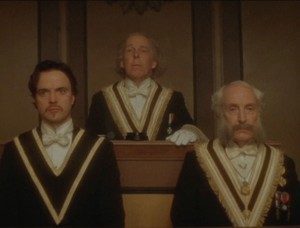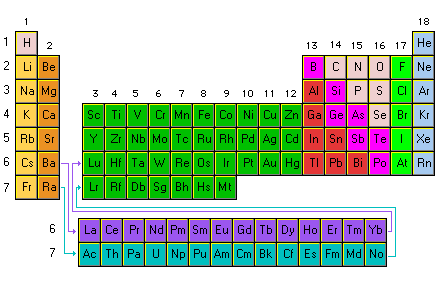 A biography is the story of a person narrated in a more or less brief and consistent text from his birth to his death, giving details about facts, achievements, failures and other significant aspects that want to stand out from the individual in question. The word comes from the Greek and means "to write life."
A biography is the story of a person narrated in a more or less brief and consistent text from his birth to his death, giving details about facts, achievements, failures and other significant aspects that want to stand out from the individual in question. The word comes from the Greek and means "to write life."
Mostly, there are two types of biographies: one that is told by a third person with a narrative style that seeks to record the most relevant data of the protagonist's future, and one that is narrated in the first person by the same protagonist, telling his own story from your perspective, often with more personal details and anecdotes; the latter is classified as "autobiography." In the latter case, it sometimes takes the form of a personal diary or adventure diary, chronicling what was experienced by the author. Another case would be the memoirs, which are a detailed account of the author's life, often when he is closer to old age.
There are also other classifications or subgenres: one speaks of an authorized biography when it is subject to the approval of the protagonist and, therefore, sometimes suffers from censorship or restrictions; whereas an unauthorized biography is a free version of the author on the character and often goes against the wishes of the protagonist. Unauthorized biographies are part of the journalistic heritage of different investigative reporters, especially when they refer to high-profile public figures, such as political or cultural leaders.
There are other genres that are sometimes confused or intermingled with biography. For example, the testimonial account of a particular fact or event, or the letters, which collect the letters written between two or more people over a period of time. Travel books can also be biographical. Discussions between specialists are postulated when considering some works as true biographies; This is what happens, for example, with some historical novels, in which the life of a character in the story is detailed, in which details of daily activity are mixed, within the framework of their time and context. Sometimes these novels incorporate fictional or imaginary content that makes it difficult to consider them as biographical works.
In the same way, there are cases of false autobiographies, for example, when a certain character reinvents his story according to what he would have liked to be or other alternatives, and even the fictitious biography can also be told, that is, the story of a character who it has not truly existed. This true literary genre has given rise to multiple interpretations, especially when the historical character "created" and whose biography is referred to is mentioned in more than one work by the author himself or is even continued by authors other than the original.
On the other hand, the birth of the seventh art has caused innumerable versions of biography that were filmed for the cinema or, to a lesser extent, for television or home videos. Although in general it is the great historical figures who have been brought to the screen in biographical form, from a novel or other sources, in modern times we can observe biographies of artists, athletes or leaders of another nature, whose lives are staged with a massive arrival from the media.
Finally, and in this same story, it is worth considering whether the current reality shows they are not really a somewhat particular variant of biographies, in which the activity of the daily life of a famous or unknown person is broadcast on the screens of other homes ...




